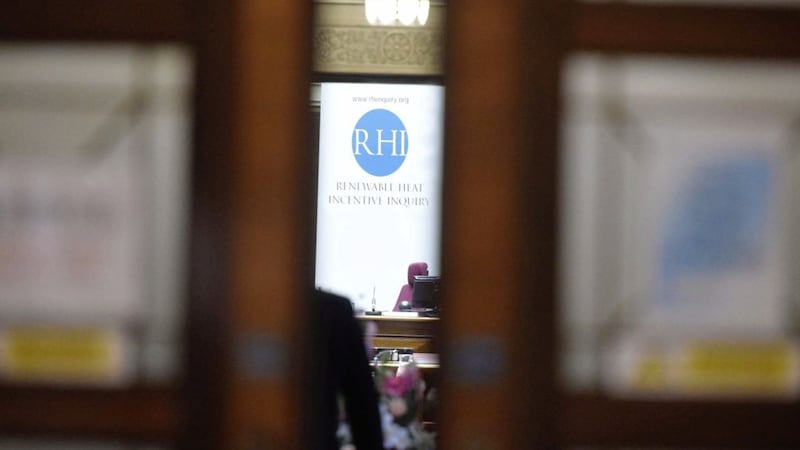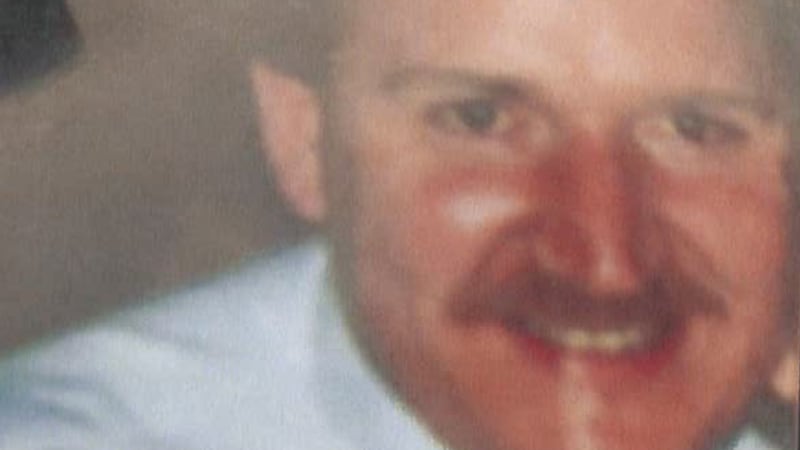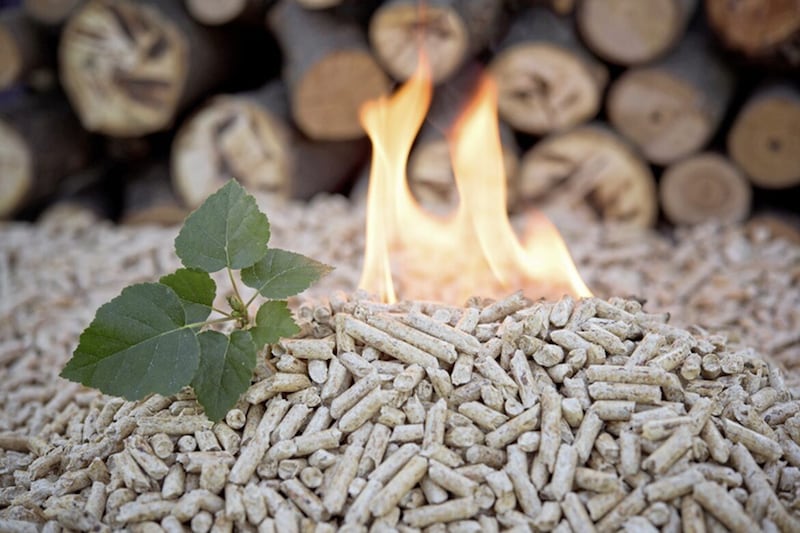2008: Stormont decides not to join a Renewable Heat Incentive (RHI) scheme being devised by Westminster, instead choosing to develop its own.
June 2011: Consultants CEPA deliver a report to DUP minister Arlene Foster's Department of Enterprise, Trade and Investment (DETI) on proposals for a Northern Ireland renewable heat scheme. It points out a different option to RHI, but feels that officials are steering it towards RHI.
February 2012: CEPA delivers its final report, but mistakenly has an RHI subsidy rate higher than the cost of fuel. This is not picked up by DETI.
June 2012: Energy regulator Ofgem warns DETI officials of serious flaws in its planned RHI scheme.
November 2012: Instead of DETI postponing its plans to address the issues, the non-domestic RHI scheme is launched.
August 2013: Antrim businesswoman Janette O'Hagan warns DETI officials and Mrs Foster about RHI's financial incentive to waste heat.
October 2013: Ms O'Hagan meets with DETI officials and warns of RHI being exploited, but is told, "We don't think people will do that."
May 2014: Ms O'Hagan emails DETI officials again, offering to provide proof of RHI being abused.
December 2014: DETI delays introducing cost controls, but expands RHI to domestic properties.
March 2015: Ms O'Hagan emails DETI officials again in a further attempt to raise her concerns. DETI officials begin to understand RHI's budgetary problems.
June 2015: Newly appointed enterprise minister, the DUP's Jonathan Bell, is told about the RHI budgetary issues.
July 8 2015: A confidential ministerial submission is sent to Mr Bell's special adviser (Spad) Timothy Cairns on the need for urgent cost controls. Mr Cairns sends it to Mrs Foster's adviser Andrew Crawford, who then forwards it to relatives with interest in RHI.
September 8 2015: Months after cost controls were formally proposed, Mr Bell announces the plan to cap subsidies for RHI applicants.
November 18 2015: Cost controls are eventually introduced. The period between September and November sees a huge spike in RHI applications.
January 15 2016: Mr Crawford tells poultry firm Moy Park of plans to close RHI to new applicants.
January 27 2016: In her constituency office, Mrs Foster is given a typed note from a whistleblower alleging abuse of RHI – including a farmer in line to receive £1 million from heating an empty shed. The DUP leader passes it to Stormont officials to investigate.
February 29 2016: RHI is closed. The date was delayed from the original February 5 planned closure date.
July 5 2016: The Northern Ireland Audit Office publishes a damning report exposing the scale of the problems with RHI, concluding that it had "serious systematic weaknesses from the start".
September 2016: Stormont's Public Accounts Committee begins an inquiry into RHI.
December 6 2016: A BBC Spotlight programme reports on the RHI controversy, including details that whistleblower warnings were not acted upon.
December 15 2016: In a BBC Nolan Show interview, Mr Bell alleges two DUP Spads, Timothy Johnston and Andrew Crawford, intervened to delay the introduction of cost controls in autumn 2015. He also claimed Mrs Foster "overruled" his bid to finally close the botched scheme in early 2016.
January 9 2017: After Mrs Foster refuses to stand aside as First Minister while the scandal is investigated, Sinn Féin's Martin McGuinness resigns as Deputy First Minister. His resignation triggers the collapse of the Stormont executive.
January 19 2017: Mr Crawford resigns as a Spad.
January 24 2017: Amid pressure from political opponents to call a public inquiry, Sinn Féin finance minister Máirtín Ó Muilleoir announces a public inquiry will be held into the RHI scheme. He later says he expects it to report its findings within six months.
January 23 2017: MLAs pass regulations to retrospectively cut RHI spending by lowering the tariff paid to all claimants.
March 2 2017: A snap assembly election is held following Stormont's collapse.
November 7 2017: Public hearings begin of the RHI inquiry, led by retired judge Sir Patrick Coghlin.
December 14 2018: The RHI inquiry concludes its public hearings.
March 19 2019: In the absence of devolution, Westminster passes legislation which further slashes the payments to RHI claimants.
January 11 2020: Three years since its collapse in the wake of the RHI scandal, power-sharing government at Stormont is restored. The 'New Decade, New Approach' deal includes a pledge to shut down RHI and replace it with a "scheme that effectively cuts carbon emissions".
March 13 2020: The RHI inquiry report is to be released.







